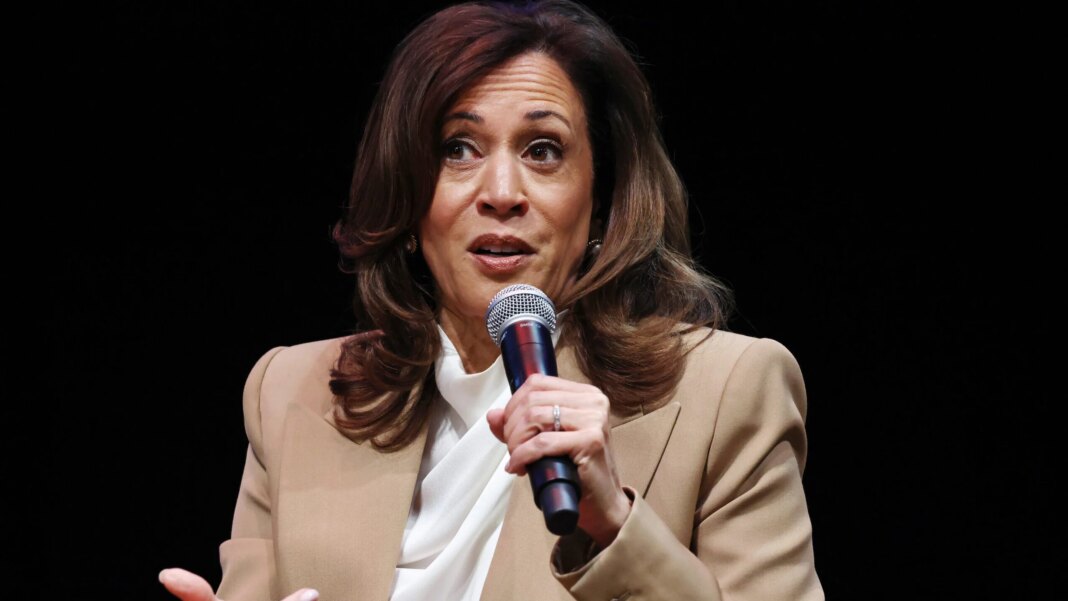There’s an undeniable weight that accompanies being the first to achieve something significant. For Black women, however, that burden feels even heavier. Kamala Harris, the first Black woman to serve as Vice President of the United States, is acutely aware of the immense scrutiny and expectations that come with her role. With the release of her new book, “107 Days,” Harris delves into her experiences navigating this complex landscape, sharing her thoughts with refreshing honesty.
In a recent appearance on “Storehouse & Friends,” a conversation series created by entrepreneur and publisher Tamira Chapman, Harris engaged with Melissa Butler, the founder of The Lip Bar, and communications strategist Kiaira Nixon. Together, they explored the unique challenges faced by Black women striving to achieve their goals in a society that often undermines their identities.
During the conversation, Butler posed a crucial question about the internal tension that Black women experience while pursuing their ambitions. “Did you find that you faced tension of that sort?” she asked, highlighting the struggle between one’s identity and greater aspirations. Harris answered candidly, noting that the Democratic Party has, in many ways, taken the concerns of Black women for granted. “There are very specific issues that impact Black women in America that should be some of the highest priorities,” she emphasized, pointing out areas such as Black maternal mortality that received her attention while in office.
Reflecting on her time as Vice President, Harris recalled the critical nature of addressing women’s health issues during her historic 107-day presidential campaign. She recognized that societal understanding of topics like postpartum care and maternal health is essential. “And then you look at what’s happening now with this guy in office,” she stated, alluding to cuts in funding for scientific research focused on women and Black individuals. Her commitment to her identity was unwavering: “I’m never going to shy away from who I am,” she asserted, emphasizing the importance of authenticity in her mission.
Throughout the 2024 presidential race, Harris faced a barrage of criticism—everything from her policies to her personal life. She believes these criticisms aimed to distract from her accomplishments and the potential for progress. “There was an incredible amount of optimism and a sense of possibilities and dare I say joy,” she reflected, recalling her campaign. This spirit of hope is something she encourages in others, emphasizing the need to counteract divisive narratives with unity and determination.
Harris urged her audience to embrace the light within them and to foster connection during challenging times. “We must let that light shine a path for us,” she said, advocating for action alongside optimism. Her call to action resonates powerfully: “We’re not just going to sit around with a smile on our faces,” she asserted, but rather, use that joy as fuel for advocacy. This could mean participating in peaceful protests, volunteering, or getting involved in local elections.
In closing, Harris highlighted the critical role each individual plays in inspiring change. “The modeling that we each can do has an exponential impact,” she noted, inviting everyone to take part actively in shaping a better future. Her words serve as a reminder that while the challenges are formidable, the capacity for collective action and individual light is profound.



